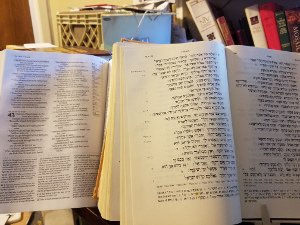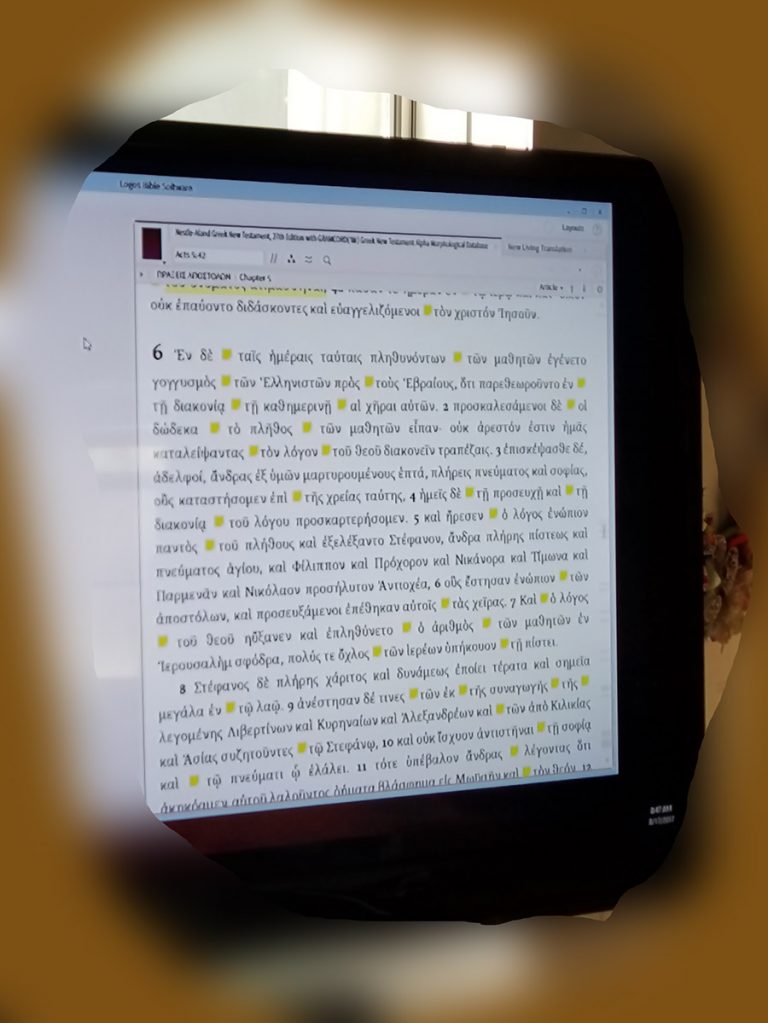Translating Metaphors and the NLT of Isaiah 43:2

I am very slow to criticize translations in broad terms. Every time I point out what I consider to be a problematic rendering in some Bible translation, someone will ask me if they should discard that version in exchange for a more accurate one. Any translation will contain renderings that can be questioned. In many cases there were people on the translation committee who questioned the chosen rendering. Translation has a great deal of art to it. Keep that in mind as I criticize this rendering in the New Living Translation.
Here’s the NLT of Isaiah 43:2 —
When you go through deep waters,
I will be with you.
When you go through rivers of difficulty,
you will not drown.
When you walk through the fire of oppression,
you will not be burned up;
the flames will not consume you. (via Biblegateway.com)
Now I think the NLT has captured some of the meaning very clearly. The interesting thing is the translation of the metaphors. The words [of difficulty] and [of oppression] are not explicit in the Hebrew. Now the metaphor probably justifies this reading as a good option for understanding the text. My problem with it is that the metaphor is, in my opinion, equally comprehensible in English as it is in Hebrew. That is, in reading this passage, an English-speaking reader would probably feel free to choose from the same set of events or experiences that might be referenced by the metaphor.
On the other hand, the modern reader might tend not to see the same range of literal understandings. “Through deep waters” doubtless would evoke the Red Sea (Sea of Reeds) and possibly the flood. “Through rivers” would likely evoke the story of crossing the Jordan, while “fire of oppression” might well draw on the story of the three Hebrews (Daniel 3), though of course based on dating, that story might even be said to draw on this. In this way the NLT rendering takes away some literal connections to the narrative of Israel’s history/traditions which might easily be missed.
The three metaphors are each translated with a different impact. The first, “deep waters” is left literal. This is perhaps due to the flood, Red Sea (Sea of Reeds), and the Jordan. In the second case we break out the metaphor, though it is closely parallel to the first, but we break it out in a generic sense, “of difficulty,” which says to the reader, “Don’t take this literally, but it has broad application.” Finally, in discussing fire, we get very specific, and say, “fire of oppression.”
But does not that third option reduce the potential for the English reader to less than the Hebrew intends? Yes, sometimes translators have to make this sort of choice, but in this case, I think we take a passage that can be clearly understood when rendered in a largely formal fashion, and actually diminish its impact with explanatory prepositional phrases.
This isn’t a terrible rendering, but at the same time, it struck me as not being one of the better ones in the NLT.

